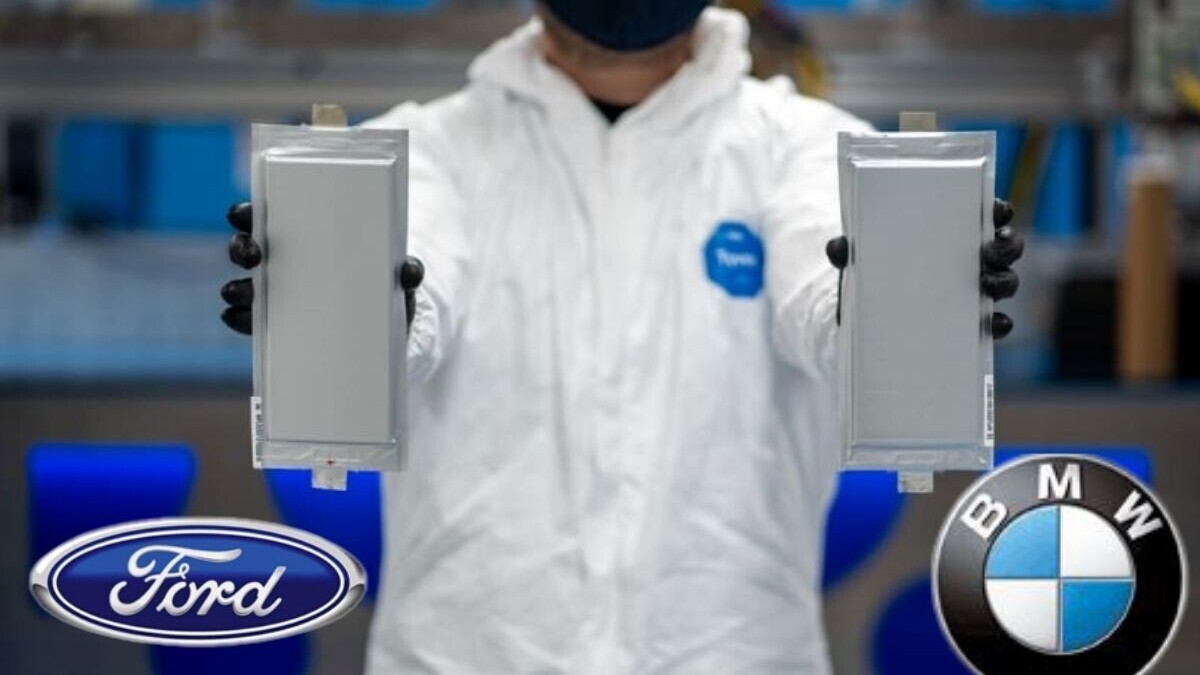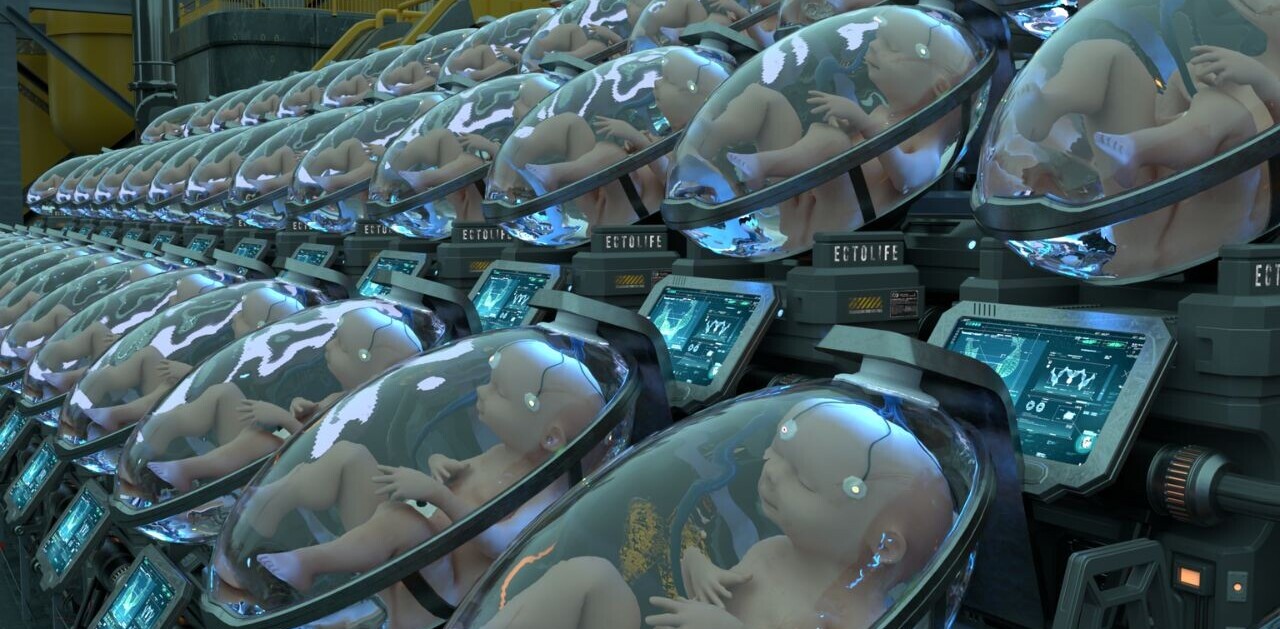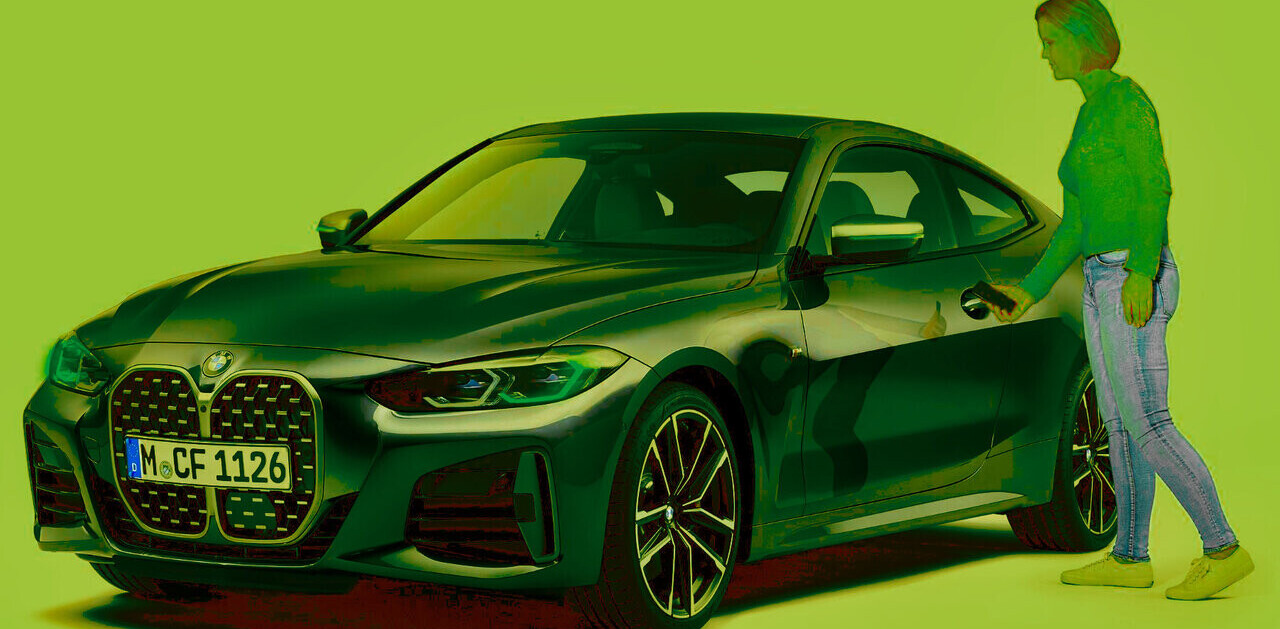Following Volkswagen Group and Toyota, Ford and BMW are investing big in solid-state battery tech, which promises to be a game changer for EVs.
Back in 2019, Ford had already put some money down on the US solid-battery firm Solid Power, but now together with BMW they made an investment of $130 million.
And that’s not all.
The investment group also includes Volta Energy Technologies, a venture capital firm that partners with the US Energy Department’s Argonne Laboratory to explore energy storage and battery innovations.
Why all the fuss?
The battery is the most expensive part of an electric vehicle, and the the shift from conventional lithium-ion batteries to solid-state ones would make a huge difference.
According to the Argonne Lab, the liquid electrolytes of lithium-ion batteries are flammable. Don’t get too worried, this doesn’t mean that they will unexpectedly catch fire, but that solving this safety issue requires extra engineering complexity, and thus extra cost. This could be eliminated by employing solid-state batteries, as their solid materials are more stable.
What’s more, their nonflammable components make them easier to recycle compared to lithium-ion batteries, which corresponds with BMW’s new vision for on whole-of-car lifecycle sustainability.
To put it in a nutshell, solid-state batteries promise lower cost, more power, longer range, and higher safety, Ford explains.
Timing is important
Ford and BMW’s investment serves the ongoing transition from ICEs to EVs, as we’re moving towards a zero-emission future.
Given that solid-state technology has the potential of offering longer-range and faster-charging EVs, Ford expects Solid Power’s battery cells in the beginning of 2022, while BMW earlier than 2025.
Do EVs excite your electrons? Do ebikes get your wheels spinning? Do self-driving cars get you all charged up?
Then you need the weekly SHIFT newsletter in your life. Click here to sign up.
Get the TNW newsletter
Get the most important tech news in your inbox each week.






